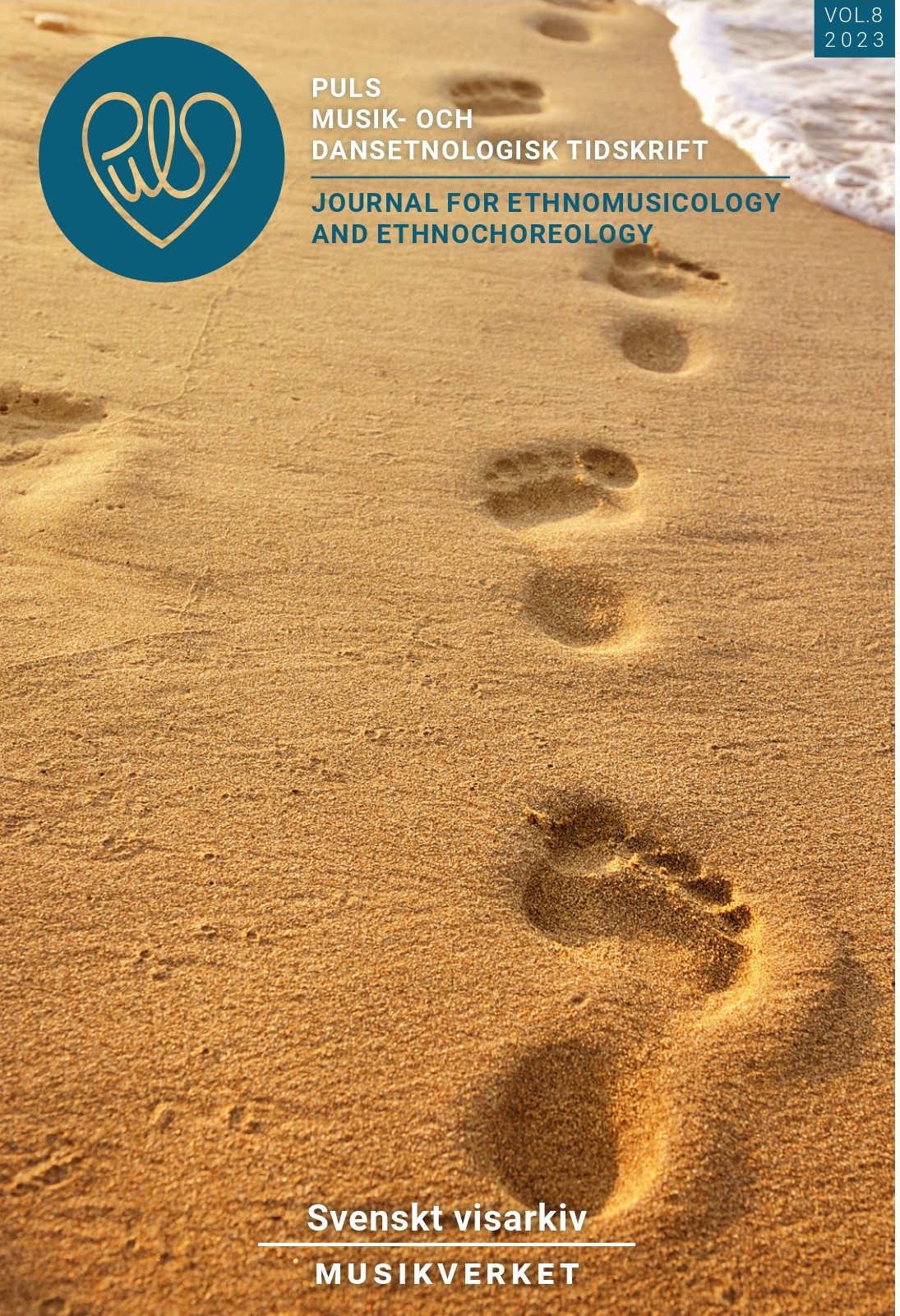Musical communities of sexual minorities
The music of rebellion during the 10th Wroclaw Equality March
DOI:
https://doi.org/10.62779/puls.v8i.19234Keywords:
Pride parade, protest, soundscape, popular music, campAbstract
Wroclaw, one of the largest cities in Poland, is full of events taking place in public space, including protests. Using examples taken from the 10th Wroclaw Equality March in 2018, it can be shown that specific musical works become a weapon in the struggle for recognition of the proclaimed values. The study traces the auditory dimension of protests, the role of music in creating a community and the place of such events in the soundscape of a contemporary city. Then the study presents these mechanisms on selected musical examples. Particular attention is paid to the musical communities, because the sound not only accompanies the protests it strengthens the sense of solidarity between the participants. The event is interpreted as a kind of spectacle that constitutes a space for self-expression and the articulation of the postulates of its participants, accompanied by a characteristic soundtrack. It consists mainly of popular music performed by artists either belonging to sexual minorities or being recognized as icons of the community. The study presents the role of disco music and club culture as well as the aesthetics of the camp as crucial for LGBT+ people seeking space for their expression, which is oppositional to the dominant system of values based on gender dualism. Seemingly simple or silly songs can have a deeper meaning and are a key element in shaping a certain community.



